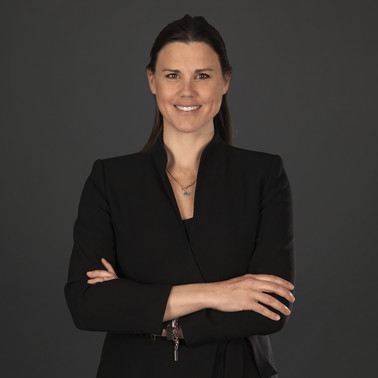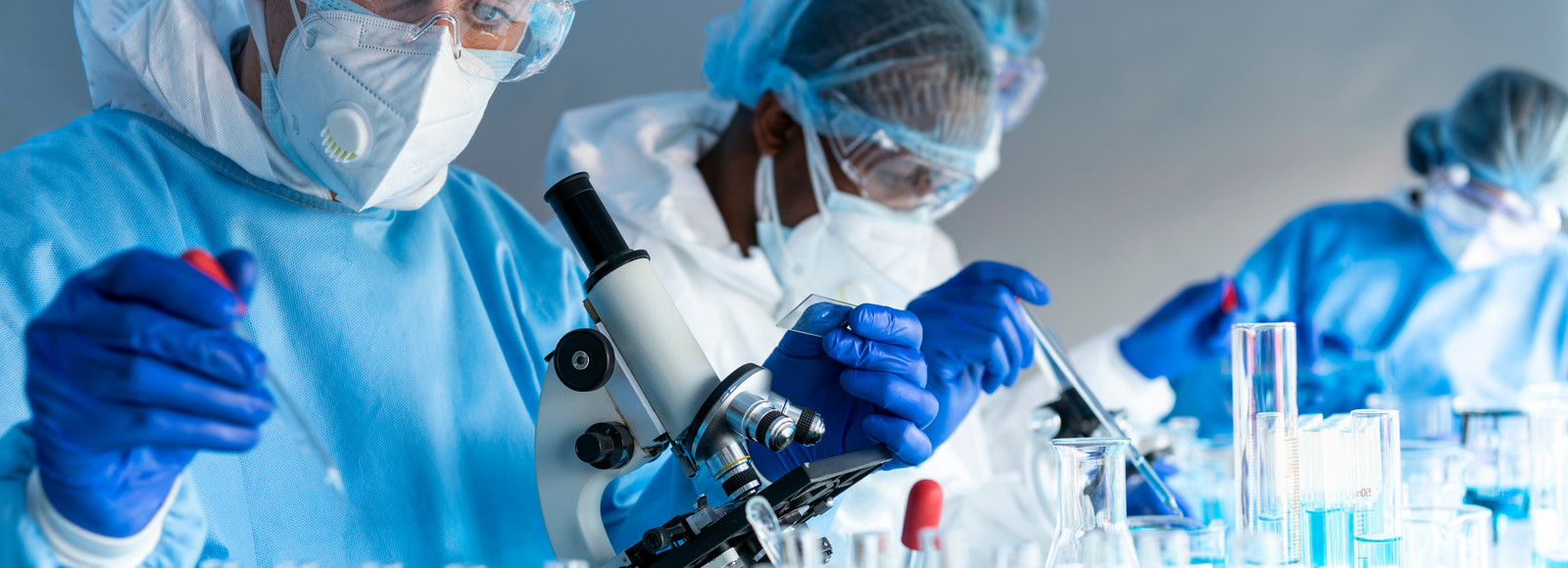Sweden to implement a new Biobanks Act
news
29 Jun 2022
Insights
The Swedish government has decided to implement a new Biobanks Act, which is suggested to enter into force on 1 July 2023.
The current Biobanks Act from 2003 has been criticized for being unclear, outdated and to create unnecessary administration, thereby leading to increased costs for healthcare and research. The new Biobanks Act includes several changes which are expected to help reduce administration and costs as well as help speed up processes when conducting clinical trials, without diminishing the protection of the sample donor.
Some of the changes that will apply under the new legislation:
- The scope of the new Biobanks Act is broadened to apply to all identifiable samples that are collected, stored or used for the purposes set out in the new Biobanks Act, regardless of where the samples are collected. This is different to what applies today as the current Biobanks Act only applies to samples collected within healthcare. This means, e.g., that samples collected directly by a pharmaceutical company will be covered by the new Biobanks Act.
- The new Biobanks Act will apply to samples that are stored for more than 9 months from the time of sampling, as well as to the time prior to this, if the intention is that the sample is to be stored for more than 9 months or if the sample is not destroyed immediately after it has been analysed. Under current legislation, samples taken as routine samples have to be stored for a shorter period than 2 months or analysed within 6 months if taken for research purposes in order for the biobank legislation not to apply. The extended period of time during which samples may be stored without the legislation becoming applicable is expected to incur less administration and to help facilitate the performance of clinical trials.
- The concept of primary and secondary sample collections is abolished in the new Biobanks Act. This means that a pharmaceutical company can be directly responsible for biobank samples. This is also expected to shorten processing times and to help speed up the process of conducting clinical trials.
- The general ban on final storage of samples abroad has been removed. Instead, the new Biobanks Act provides that if samples are to be transferred outside Sweden for a certain activity, such as analysis, an agreement must be concluded between the principal of the biobank and the recipient regulating (i) that the samples must be returned or destroyed immediately if the biobank custodian so requests, and (ii) that the recipient may not use the samples for anything other than the purpose for which the samples were made available to the recipient. The requirement that applies in today's legislation that samples must be returned or destroyed once no longer needed will thus not apply under the new Biobanks Act.
- It may also be noted that the new Biobanks Act provides a possibility for authorities to issue regulations regarding traceability of the samples in case of transfer outside Sweden. Whether such regulations will be issued is yet to see.
Download
Download as PDFSectors


